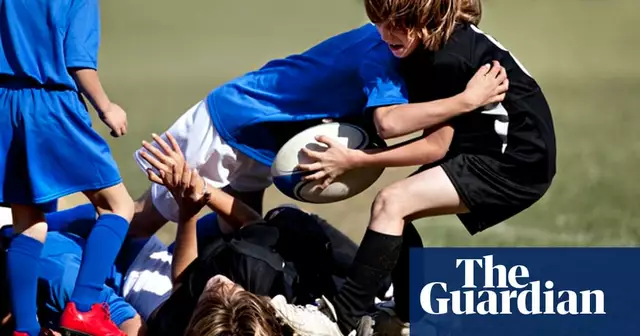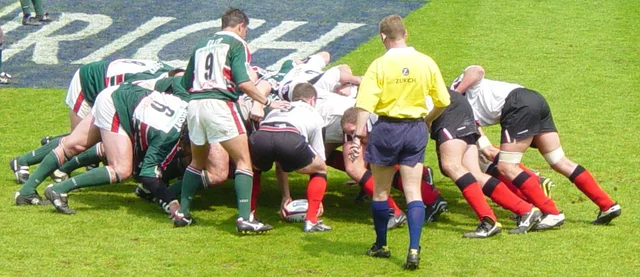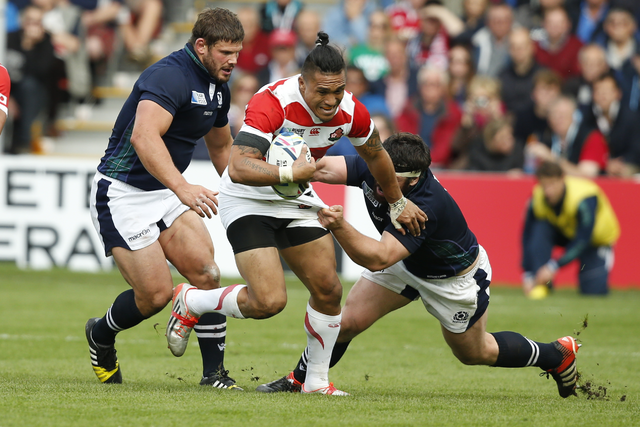The History of Head Protection in Rugby and American Football
In this section, we will delve into the history of head protection in both rugby and American football. It's essential to understand the origins of these sports and how they have evolved over time to appreciate why rugby players do not wear helmets like their NFL counterparts. We will explore the early days of rugby and American football, as well as the introduction of headgear and the reasons behind their different approaches to player safety.
Rugby and American football share a common ancestry, with both sports having their roots in traditional British ball games. However, as the two games developed and diverged, their approaches to player safety began to differ. While the NFL has a long history of using helmets to protect its players from head injuries, rugby has always prioritized different forms of protection, such as scrum caps and padded headgear. This has led to the distinct difference in head protection we see today between the two sports.
Comparing the Physicality and Injury Risks of Rugby and American Football
One of the primary reasons rugby players do not wear helmets like NFL players is because of the differences in the physicality and injury risks associated with each sport. In this section, we will discuss the various aspects of rugby and American football that contribute to these differences, such as the types of tackles, the frequency of collisions, and the overall intensity of the games.
While both rugby and American football are undoubtedly physical sports, the nature of the contact and collisions in each game is quite different. In rugby, tackles are generally lower and players are required to wrap their arms around their opponent, leading to fewer head-to-head collisions. Conversely, American football tackles often involve a higher level of force and direct helmet-to-helmet contact, increasing the risk of head injuries. This difference in tackling technique is a significant factor in the use of helmets in the NFL and the lack of them in rugby.
The Role of Culture and Tradition in Rugby's Approach to Head Protection
Another reason rugby players do not wear helmets like NFL players is the cultural and traditional aspects of the sport. Rugby has a long and storied history, with many of its traditions and values still held in high regard by players and fans alike. In this section, we will discuss how these cultural factors have influenced rugby's approach to head protection and why helmets have never been widely adopted.
From its inception, rugby has been a sport steeped in tradition and camaraderie. The lack of helmets in rugby can be seen as a reflection of the game's values, such as toughness, resilience, and mutual respect between players. The use of helmets in American football, on the other hand, may be viewed as a symbol of a more aggressive and confrontational style of play. Consequently, rugby's historical and cultural context plays a significant role in explaining why rugby players do not wear helmets.
Modern Innovations in Rugby Head Protection
While rugby players do not wear helmets like NFL players, it is important to recognize that the sport has not been stagnant when it comes to head protection. In this section, we will discuss the modern innovations in rugby headgear, such as scrum caps and padded headgear, as well as the ongoing research and development aimed at improving player safety.
In recent years, rugby has seen significant advancements in head protection, with the introduction of scrum caps and padded headgear designed to mitigate the risk of head injuries. These forms of head protection are more lightweight and flexible than traditional NFL helmets, allowing rugby players to maintain their agility and peripheral vision while still providing some protection. Additionally, ongoing research and development in the field of head protection continue to drive improvements in rugby headgear, ensuring that player safety remains a top priority in the sport.
The Future of Head Protection in Rugby
As the awareness of the potential long-term effects of head injuries in contact sports continues to grow, it is natural to wonder what the future holds for head protection in rugby. In this section, we will discuss the potential developments and changes we may see in rugby headgear, as well as the ongoing debate surrounding the use of helmets in the sport.
While it is unlikely that rugby players will adopt helmets like those worn by NFL players, we can expect continued advancements in head protection technology and design. This may include improvements to existing forms of headgear, such as scrum caps and padded headgear, as well as the introduction of new protective equipment designed specifically for rugby. Furthermore, as the conversation surrounding head injuries in contact sports evolves, it is possible that rugby's governing bodies may reevaluate their approach to head protection and consider implementing additional safety measures. Ultimately, the future of head protection in rugby will be shaped by the ongoing commitment to player safety and the desire to preserve the sport's unique cultural and traditional values.





